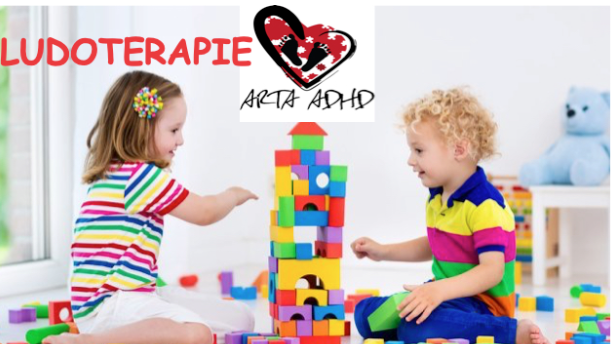CABINET INDIVIDUAL DE PSIHOLOGIE PAP ELENA
servicii psihologice de calitate
The Role of Play Therapy in Child Psychology: Benefits of Psychological Intervention at the Child Level
### In the world of psychology, traditional therapeutic methods often address the needs and communication styles of adults. However, when it comes to addressing the emotional and psychological state of children, a different approach is needed—one that speaks their language and meets them where they are.
Elena PAP
2/12/20242 min read


My post content
The Role of Play Therapy in Child Psychology: Benefits of Psychological Intervention at the Child Level
In the world of psychology, traditional therapeutic methods often address the needs and communication styles of adults. However, when it comes to addressing the emotional and psychological state of children, a different approach is needed—one that speaks their language and meets them where they are. Enter play therapy, a powerful intervention method facilitated by specialized professionals known as play therapists. This article explores the role of play therapy in child psychology, highlighting its numerous benefits and transformative impact on young minds.
Understanding Play Therapy
At its core, play therapy is a form of psychotherapy specifically designed to engage children in therapeutic processes through play. Unlike conventional talk therapy, which can seem rigid and inaccessible to children, play therapy provides a safe and supportive environment where children can express themselves naturally, using toys, games, and creative activities as their language.
The Play Therapist: Promoting Growth Through Play
Central to the practice of play therapy is the play therapist, a professional specialized in child psychology, development, and therapeutic techniques. Play therapists possess a deep understanding of the importance of play in a child’s life and use this knowledge to facilitate healing and growth.
Benefits of Play Therapy for Children
Emotional Expression: Play therapy offers children a nonverbal way to express complex emotions and experiences that may be difficult to articulate verbally. Through play, children can process and understand their feelings, promoting emotional resilience and self-awareness.
Problem-Solving Skills: Engaging in imaginary play scenarios allows children to explore different perspectives, develop problem-solving skills, and learn to navigate social interactions. These experiences lay the foundation for adaptive coping strategies and healthy interpersonal relationships.
Trauma Recovery: For children who have experienced trauma or adversity, play therapy can be instrumental in promoting healing and recovery. By exploring traumatic events in a safe and controlled environment, children can gradually process and integrate their experiences, reducing symptoms of anxiety, depression, and post-traumatic stress.
Behavioral Modification: Play therapy techniques, such as role-playing and behavioral rehearsal, provide opportunities for children to practice new behaviors and coping mechanisms in a supportive setting. By reinforcing positive behaviors and addressing underlying issues, play therapists help children develop more adaptive ways of interacting with the world around them.
Improved Communication: Play therapy fosters communication and trust between children and therapists, creating a therapeutic bond based on empathy and understanding. As children feel seen and heard in the context of play, they become more open to sharing their thoughts, feelings, and experiences, paving the way for meaningful therapeutic progress.
Conclusion
In the field of child psychology, play therapy stands out as a versatile and effective intervention method, offering children a unique avenue for self-expression, exploration, and growth. By harnessing the power of play, play therapists unlock the potential for healing and transformation in young minds, laying the groundwork for a brighter and more resilient future. As we continue to recognize the importance of child-centered approaches in mental health care, play therapy remains a beacon of hope, empowering children to thrive in mind, body, and spirit.
